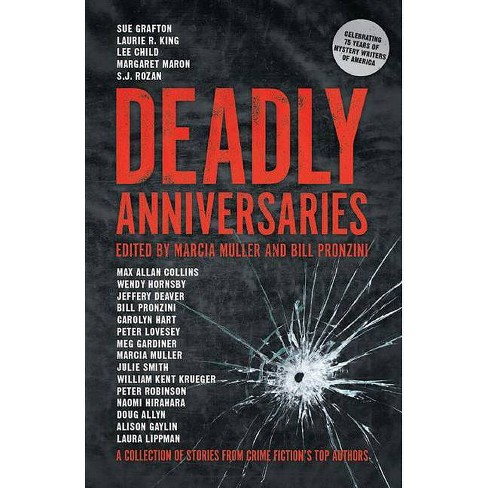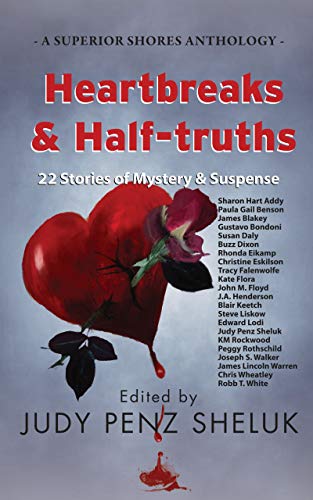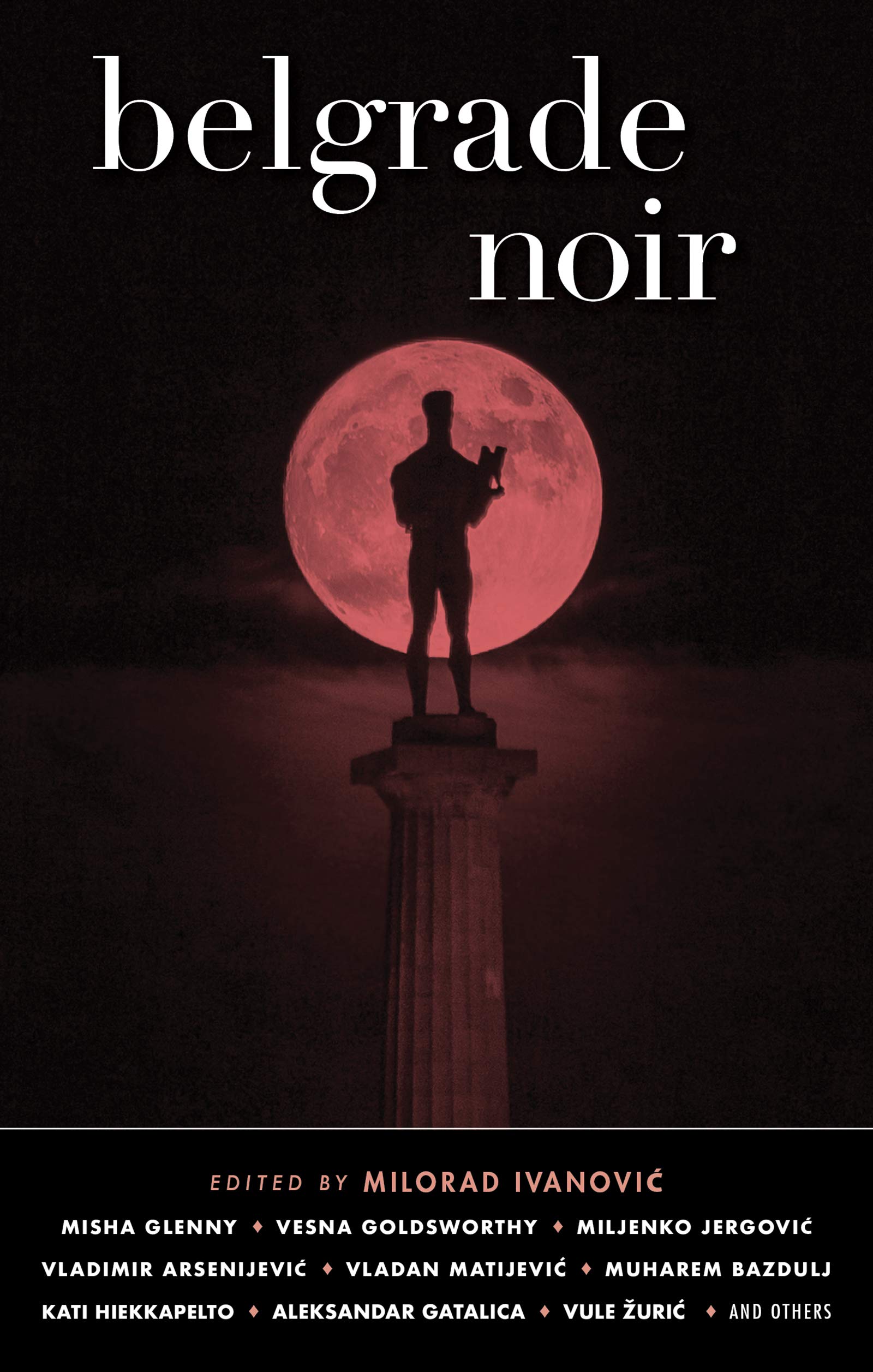Before you go any further, let me warn you that the rest of this column includes spoilers about some old books, movies, and a couple of my stories. I hope you'll keep reading anyway.
I gave up on a TV series once when a dog was killed just to show how far the bad guy (in that case, a bad gal) would go. The show could have achieved the same effect in another way, so I dropped the series in disgust. Similarly, I once read a cozy (a cozy!) in which a horse was killed. I decided I was done with the author after that because the horse's death wasn't necessary for the story. It was gratuitous, and that crossed a line for me.
In contrast, I have watched the heartbreaking movie Hachi: A Dog's Tale several times. Based on a true story, it involves a dog in Japan that had no closure after his person died, so he spent the rest of his life living at the train station where he last saw his person, waiting hopefully for the man to come home on the next train, until the dog ultimately died of old age. That movie bothered me because I disagreed with the dog's family's decision to allow him to live his life waiting for a man who would never return, until he dog eventually died sad and alone. But the movie was based on a true story about a dog named Hachiko, and the dog's actions were the basis for the movie, so I accept the plot, and I happily (and sadly) grab a box of tissues and settle in each time the movie comes on. (Richard Gere being in it doesn't hurt either.)
I've also watched Turner & Hooch a number of times. This wonderfully funny movie stars Tom Hanks as a police detective who takes on the care of an ornery dog who witnessed a murder. Hanks's character grows to love the dog, and when the dog dies at the end, it's heartbreaking. Granted the dog didn't have to die. The people who made the movie could have let him live. But the death was important to the story, and it wasn't done for mere shock value. Therefore, I accept it, though I still cry every time it happens.What differentiates movies like Turner & Hooch, Hachi, and even Old Yeller, where I could put up the animals' heartbreaking deaths, and the books and TV series I mentioned above, is that in these movies the animals' deaths are not gratuitous. They are instrumental to the story lines. (Note: I've never seen or read Old Yeller. I know what its story is, and I could never watch this movie because the dog in it looks very much like my old dog, Scout. It would be too difficult.)
I know not everyone draws the same line in the sand that I do. For some people, any animal's death, or even an animal's jeopardy, is too much. It's why I worried before my story "Alex's Choice" was published in 2019 whether readers would be done with me because I put a dog in jeopardy. I feared readers might stop at that point--about two-thirds into the story--thinking the dog had died, never to learn that there is a happy ending. But the dog's jeopardy is vital to the story, so I went with it. I similarly worried before my story "An Officer and a Gentleman's Agreement" was published about a decade ago because it involves a dead goat. That death is the conflict from which the plot unfurls, so it wasn't gratuitous and thus passed my personal test of acceptability, but I know it might not pass all readers' tests.
I decided to write about this topic today because earlier this month CrimeReads.com ran a column about why killing dogs is the one line that crime writers can't cross. It was a good column, which analyzed why we feel this way about dogs. You can read it here. But I disagreed with the columnist's conclusion that the reason readers won't put up with the death of dogs in crime fiction is that such dogs can't get justice under the law, unlike murdered humans.
More specifically, the author said that animals, particularly dogs, shouldn't be killed in fiction because there's no legal penalty commensurate with the violation, and thus no true justice can be achieved for the animals. That, the author said, is why readers can't stomach such killings.
She went on to say that you don't go to jail for killing a dog. Well, that may be true in her home country of Australia (and it's surprising if it's accurate), but it's not true in the United States. Laws vary by state, of course, but they're getting stricter all the time. In my state of Virginia, animal cruelty is a class-six felony, which is punishable by up to five years in prison and a fine of $2,500. This isn't one of those laws that's on the books but is never used. That five-year prison sentence has been handed out. Yet even knowing that someone could go to prison for five years (should be more) for killing a dog or cat in my state, I still cringe at the thought of reading something like that in a book, and I cringe at the idea of writing it, and I'll only put up with it if it feels to be a considered choice on the author's part, one that's vital to the story, not made just for shock value.
I think killing a dog (and cat and all other pets, but particularly dogs) in fiction is generally verboten because dogs, like little children, are inherently trusting and cute. (Sorry, but cute probably plays a role.) No matter if you neglect them or mistreat them, they love and trust you anyway. I recognize that there are exceptions for some abusive situations, but overall, I believe my premise holds. Dogs might love their family members more than they do other people, but many (most?) dogs are loving to everyone. Consequently, killing a dog (in real life and in fiction) is not just an amoral act of violence, but it also involves breaking a bond of trust between a complete innocent and a person they trust inherently, especially if that person is who the dog looks to for their care and for their love.
 That loyalty and willingness to follow any command, trusting that you have their best interests at heart, makes the animal helpless, in a way. It's why they'll wait for you forever, like in Hachi. It's why they'll risk their lives for you, even if not asked to do so. In Turner & Hooch,
the dog gets shot because he is trying to protect Hanks's character.
It's a sense of loyalty you rarely see among humans. That is what tugs
at readers' heartstrings. And that is why fiction readers can put up
with murdered humans but they can't stand reading about the death of
animals, even if some readers, like me, will put up with deaths and jeopardy that are
instrumental to their story lines.
That loyalty and willingness to follow any command, trusting that you have their best interests at heart, makes the animal helpless, in a way. It's why they'll wait for you forever, like in Hachi. It's why they'll risk their lives for you, even if not asked to do so. In Turner & Hooch,
the dog gets shot because he is trying to protect Hanks's character.
It's a sense of loyalty you rarely see among humans. That is what tugs
at readers' heartstrings. And that is why fiction readers can put up
with murdered humans but they can't stand reading about the death of
animals, even if some readers, like me, will put up with deaths and jeopardy that are
instrumental to their story lines. It's not a matter of the animal not being able to get justice that's the problem. It's the betrayal of the animal's trust that readers can't stomach. So if you're going to do it, fellow authors, you better have a damn good reason for it, and you better do it with sensitivity too.

















































